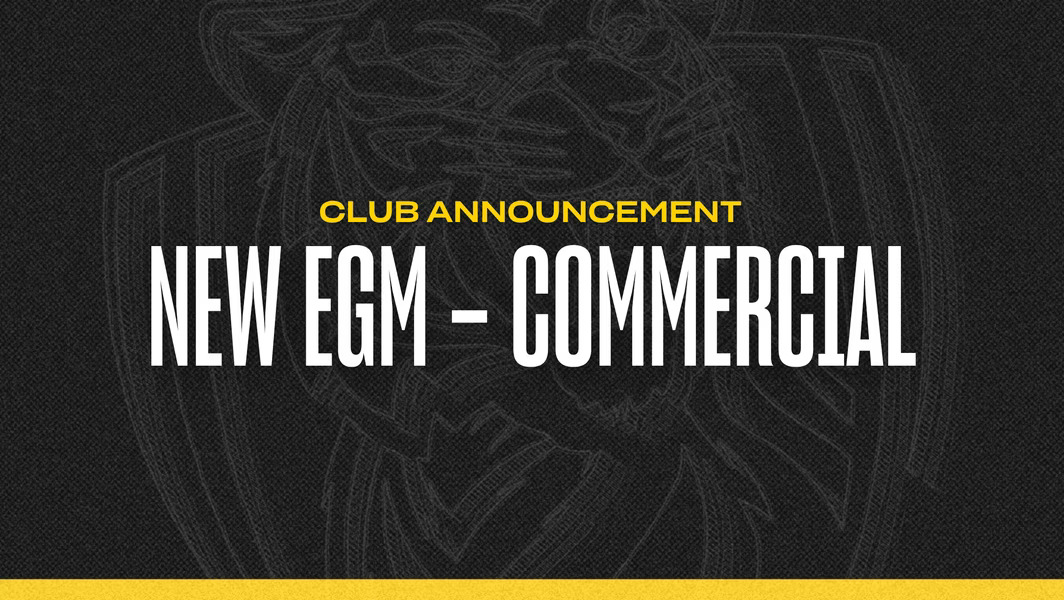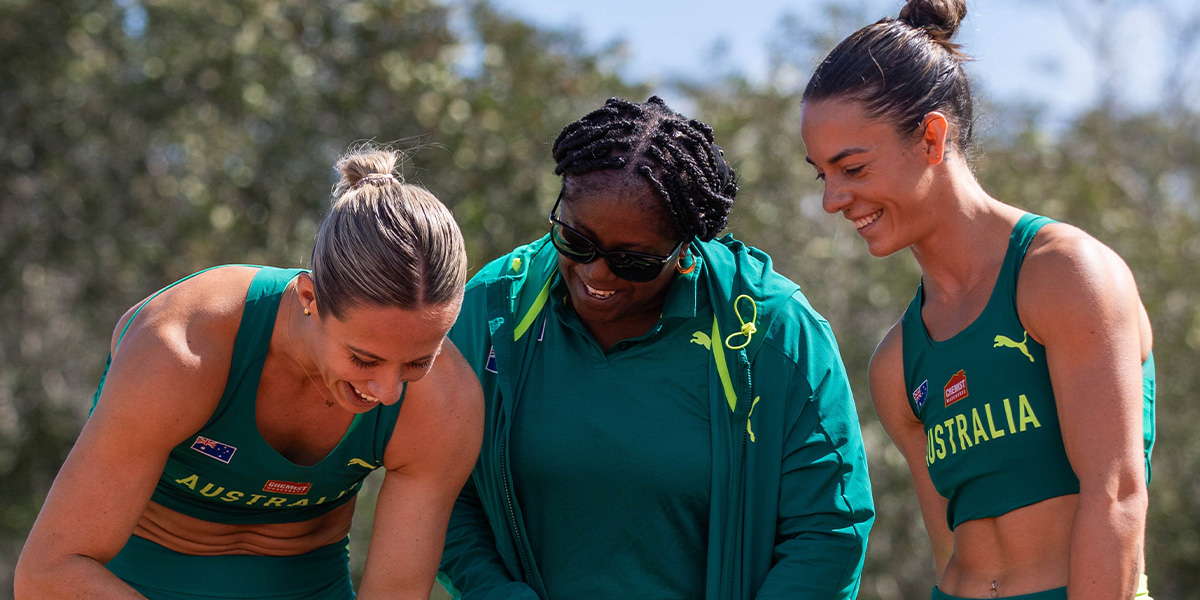Interview with esports lawyer Matt Jessep

Mat is a commercial lawyer, athlete representative, and consultant with specialist skills and experience in Sports, Esports, Media, and Entertainment Law in Australia and North America.
In 2017 Mat was a co-founding Board Member of the Esports Games Association Australia Ltd (EGAA) and became Interim CEO of that esports industry body in early 2018.
In June 2018 Mat joined the Sydney office of global law firm, DWF, where he specialises in sports, esports, media, and entertainment law, covering commercial, transactional, and governance issues.
We sat down with Mat ahead our National ‘esports – No Bullshit Tour’ which kicks off next month.
How is the Governance in sports different from esports?
Firstly, we need to recognise that just as there are many “sports”, there are many “esports”. Following that, as there are many forms and systems of governance in sports, there are many, many variations in esports.
These traditional sports governance models look like a vertically integrated and linear international federated system of management and control. Think of how the International Cricket Council (ICC) governs or controls the sport of Cricket at a global level (with politics and power balances issues amongst its members). That global power is then conferred or devolved down at a national level. In Australia, that flows to Cricket Australia (CA) to govern or control the sport at a national level. CA then affiliates with state-based sporting bodies, such as Cricket NSW, to run the sport state-wide, with the state sporting body working with and affiliating district cricket clubs, who in turn work with local cricket clubs.
As such, in Australia, CA, via their affiliation with and membership of the ICC, can direct, manage, and control the sport of cricket.
Where such sports models of governance and control can apply to the esports context is where the game publisher or developer exerts control via their intellectual property (IP) rights in the video game software specific to the esport. By this, I mean that the publisher can control and direct how that esport is managed – down to who can play the title in which events, how events can be run, the rules in any competition, the teams that can be involved, how it can be promoted, and such.
At all times, the publisher, or IP rights holder, maintains control; some are just more controlling of their IP than others when it comes to esports.
As a key distinction to traditional sports – the publisher, regardless of how they decide or agree to wield their control to their IP and its application as an esport, as the ultimate controlling body, owns the title relating to that esport. In the traditional sports world, the concept of ownership is less solid – does the International Association of Athletic Federations (IAAF) own running? No. Does Blizzard Activision own Overwatch – most definitely!
How has professionalism developed in the esports industry over the past 2-3 years?
Professionalism in the monetary or payment sense (i.e. players being paid to compete in video games at events) has obviously evolved significantly in the past 2-3 years, though similar to the pro tennis tour, an elite level of players are doing rather well in terms of payment, prize money, and endorsements/sponsorships, while many players continue to play for equipment or accommodation and per diems while playing in an event.
(Think of the 5 players in the team that took out 1st place at last August’s DOTA2 International in Seattle, WA, USA, who took home over US$10m between them, out of a total prize pool of over US$24m.
From a player perspective, here in Oceania, the scene has a way to go in order to professionalise. Many teams and organisations treat the player as an independent contractor, or (as an extreme example that I’ve seen) as a sponsored party playing for not much apart from being part of a team and labelling themselves on social media as a pro player.
One key area of professionalism is the application of traditional sports high-performance practices, tools, and policies to esports, often with devastatingly winning results.
In this sense, I see the scene and its key stakeholders levelling up to meet the more sophisticated needs and expectations, though we still have a way to go more generally.
I have to note, however, that just as with the issue of governance, on the topic of professionalism, there are many traditional sports, sports clubs, and players that face these issues – these issues are not unique to esports. It’s just that traditional sports have had more time (in some cases, over 100 years) to face and counter governance and professionalism (in all senses of the word) concerns, often with mixed results. Esports is facing all of this in only the past 10-15 years, and with more pressure over the past 2-3 years.
How similar is sports and esports law? Are there any major differences you didn’t foresee?
For me, as a traditional sports lawyer, from that traditional sports world, and now with a significant expertise and experience in esports, I’d say the transition has been pretty seamless. In fact, for me, as a sports lawyer, this has helped me understand and add value to my esports clients.
I say this as esports is very sports-like – esports has tournaments, leagues, championships, competition, tours, events, teams, organisations, prizes, prize money, sponsorship, endorsements, players, coaches, managers, nutritionists, psychologists, fitness trainers, equipment managers, training, high performance centres, the application of physical reflex and input, mental strategy, and teamwork, and it has highly engaged fans and an audience.
However, noting that esports is its own unique and wonderful thing, I also note that the IP aspects and their applications do make “esports law” a little unique in its own right as distinct from strict sports law.
One thing that I didn’t foresee on my trip down the rabbit hole into esports as a lawyer was the way the esports ecosystem probably looks more like the music industry – at least at a structural level. In that sense, regardless of where esports may or may not fit into your definition of sport, esports is its own unique part of the entertainment industry.
How will player management develop in the coming years? Where is it at right now?
So, player management in esports in an interesting topic right now; at least here in Australia.
There is no system in Australia to accredit esports players’ managers – yet. (not sure I’ve seen one world-wide, either.) Whether a body like the Esports Games Association Australia (EGAA) undertakes that role, or whether a players’ union demands that be set up, we’re taking a watching brief.
I understand from parties involved, that a players’ union in Australia may be imminent.
I thought that a players’ union would establish itself before anyone dove into esports player management locally, as the players’ pay and conditions aren’t quite healthy enough just yet (in general) to allow the business model (commission of player payment negotiated, etc) to be all that attractive – unless a manager took a long-term view and played for volume in the player representation market.
One party that has gotten involved recently in esports player and talent management (in a big way), and one I don’t mind championing here, is Cam Rogers of Evolved Talent Australia, based in Melbourne and Adelaide. Cam is also a lawyer experienced in esports, and Evolved Talent Australia is part of Evolved Talent, which is a US-based esports player and talent management company established by Michael Lee and Ryan Morrison (Google those guys).
As well as Evolved, internationally, lawyers like Bryce Blum are very effective at individual representation in esports (worth another Google).
If you were to pick one esports market trend to watch, what would it be? (Think: Investment, high-performance player development, governance models, esports education etc.)
Investment is flowing – I work with many investors at various stages of their cycles as well as team and organisation owners keen to attract investors, and while first mover advantage is fading, second-movers are doing very well.
But, as a tip, I would be watching the high-performance player development and taking keen note of how well teams and organisations invested into this true blend of traditional sports and competitive professional video gaming are outperforming others who may not be as invested.
At a very local level, one Australian organisation is doing that right now – I’m of course referring to David Harris of Guinevere Capital and their investment in the Esports High-Performance Centre (EHPC) at Allianz Stadium in Sydney’s Moore Park sports precinct. The EHPC is a joint venture with the SCG Trust and the University of Technology Sydney).
It shouldn’t be a coincidence to any observer that teams heavily involved in the EHPC – the LG Dire Wolves and the Sydney Drop Bears (through common ownership) – are kings of their esports right now.
(By way of transparency, the LG Dire Wolves are my client).
It's free to join the team!
Join the most engaged community in the Sports Business World.
Get all the latest news, insights, data, education and event updates.







